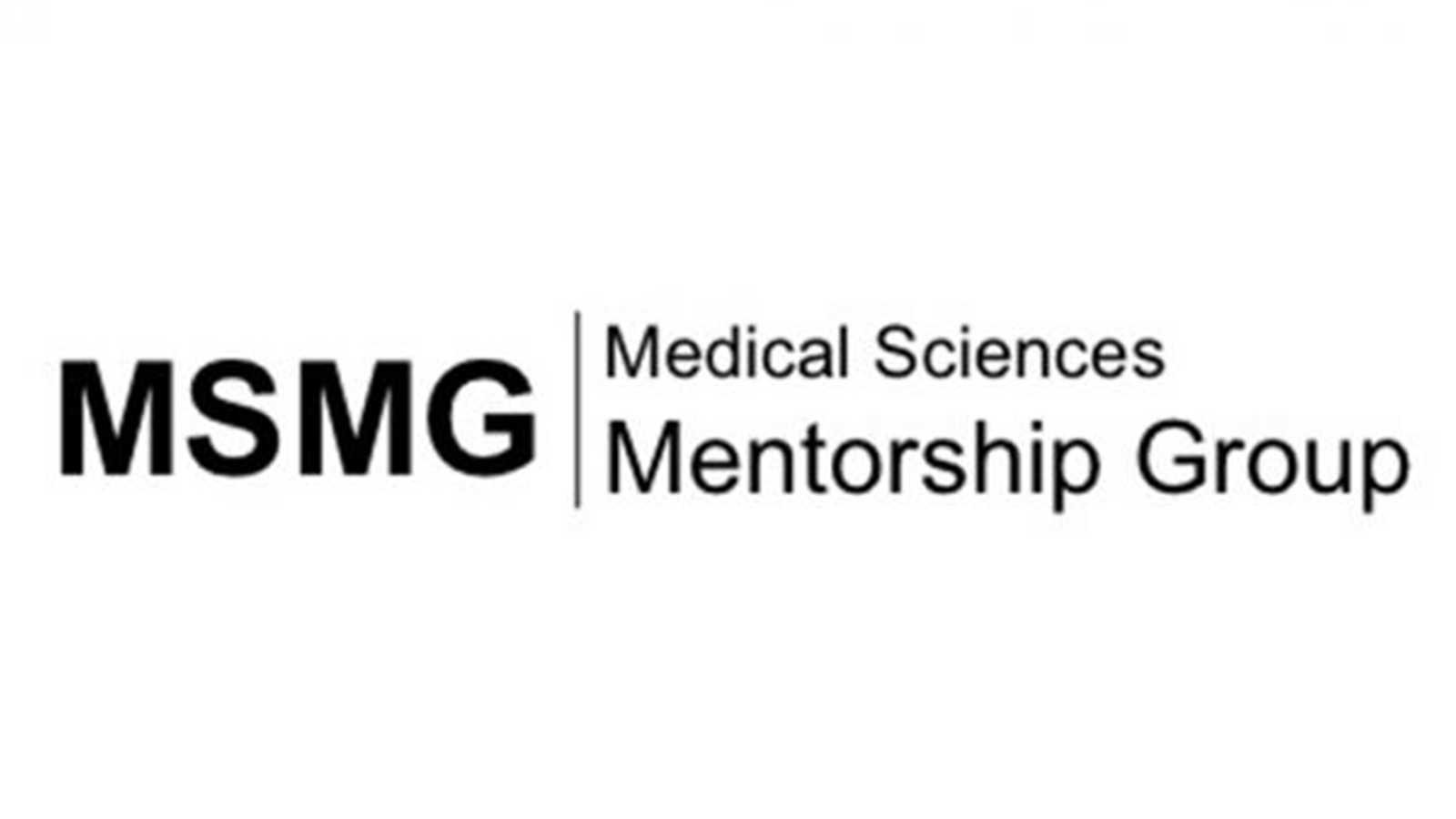
Graduate school can be a challenging experience, but it does not need to be a challenge that students face in isolation. Our goal is to provide graduate students with easy access to structured, individualized, and high-quality peer-mentorship, as well as content in the form of presentations and newsletters that focus directly on graduate student topics related to personal and professional development, mental health and wellness, and graduate program progression. Graduate students can be an invaluable resource for each other, and this initiative intends bring our student body closer together.
Expandable List
Mentorship is crucial to the personal and professional development of graduate students. Increasing pressure on researchers to secure grants, publish papers and earn promotions have raised barriers for opportunities in mentorship. This is not due to a reluctance to help, but a lack of available time. This amplifies the additional well-documented stresses and barriers to success that graduate students face in their studies (Please see Nature’s “Science careers and mental health” collection). Currently, research-intensive graduate studies do not offer structured student-to-student mentorship programs and can leave students feeling isolated in their experiences. Medical Sciences Mentorship Group’s (MSMG) goal for a sustainable peer mentorship program is in line with the Medical Sciences executive-level committee’s mission in improving peer mentorship and facilitating student engagement.
For reference to Nature’s Science Careers and Mental Health collection:
- Nature 557, 129-131 (2018)
- Nature 557, 294-296 (2018)
- Nature 556, 5 (2018)
- Nature 544, 383 (2017)
- Nature 539, 319-321 (2016)
The initial goal of the MSMG is to launch a sustainable program called Peer-2-Peer that will match mentees with volunteer upper-year graduate student peer mentors that are strategically chosen to promote relevance and anonymity (if wanted). Furthermore, MSMG will organize events open to all graduate students including a lunch and learn speaker’s series called “Getting to Know”, which will feature professors discussing their experiences of graduate school. If successful, we hope to expand this program beyond the Medical Sciences Graduate Program.
Currently, we have recruited over 20 prospective peer-mentors, and have paired 7 mentees. Awareness of our initiative has been spread through program-wide emails, a presentation to new students during orientation-week, and through our initial lunch and learn event in January 2019 where Dr. Judy West-Mays from the department of Pathology spoke of her graduate student/postdoctoral fellowship experience to an audience of 20 students. We intend to continue these initiatives and have a goal to host 1 lunch event per semester with information on topics relevant to students and talks by faculty.
If successful, we plan on expanding our initiative to the whole of the Faculty of Health Sciences and then further to other programs which are research-intensive.
Co-founder, director, project liaison, project treasurer: Eric Desjardins, Faculty of Health Sciences, medical sciences, PhD student (expected 2022)
Co-founder, director: Robert Ungard, Faculty of Health Sciences, medical sciences, PhD student (expected 2019)
Activities director: Virginia Mello, Faculty of Health Sciences,medical sciences, PhD Student (expected 2022)
Prior to beginning this initiative, we extensively consulted with assistant dean of the medical sciences graduate program, Dr. Judith West-Mays, and area coordinator of metabolism and nutrition in the medical sciences graduate program, Dr. Thomas Hawke, who continue to offer their unrestricted support and guidance.
We expect to measurably improve the graduate student experience in the Medical Sciences Graduate Program.
In particular, through the Peer-2-Peer system, our goals are to have approximately 50 mentors and 30 mentees recruited into the program and actively participating. To date, the positive feedback we have received from participants in the program is two-fold: 1) mentees have been able to obtain a role-model, someone to show them around the Hamilton area, and guidance in some of the subtleties of the program i.e. committee meeting reports, scholarship applications, and feelings of isolation, and 2) mentors have felt a sense of satisfaction to have been able to help mentees through situations and avoid the vagueness they felt when they were at the beginning of their graduate degrees. We intend to develop surveys and questionnaires for both mentors and mentees in order to gauge the effectiveness of our Peer-2-Peer program and expect for genuine connections to persist beyond the graduate program.
Secondly, through the “Getting to Know” speaker series, we expect to improve student relationships with faculty and establish a culture of support through personal connection and conversation. To date, we have received positive feedback from people who attended our first seminar and they are looking forward to attending the next one. Some comments made were with regards to 1) seeing that the professor had gone through the same difficult situations made them feel more approachable and closer, 2) understanding that the decision to have children or to move far away from home and family was a difficult one and gave them opinion on the matter, and 3) each student’s experience with their supervisor is different, but that others around them in other laboratories may be having similar experiences.
Our vision is to help facilitate a positive environment of mentorship and peer support within the Medical Sciences program. We feel that the MSMG will be a simple and meaningful program that will connect students with each other and faculty to foster meaningful growth. This will continue McMaster’s deep commitment to promoting good health and well-being, which was recently recognized as being ranked second in Time’s Higher Education World University Rankings (2019).
